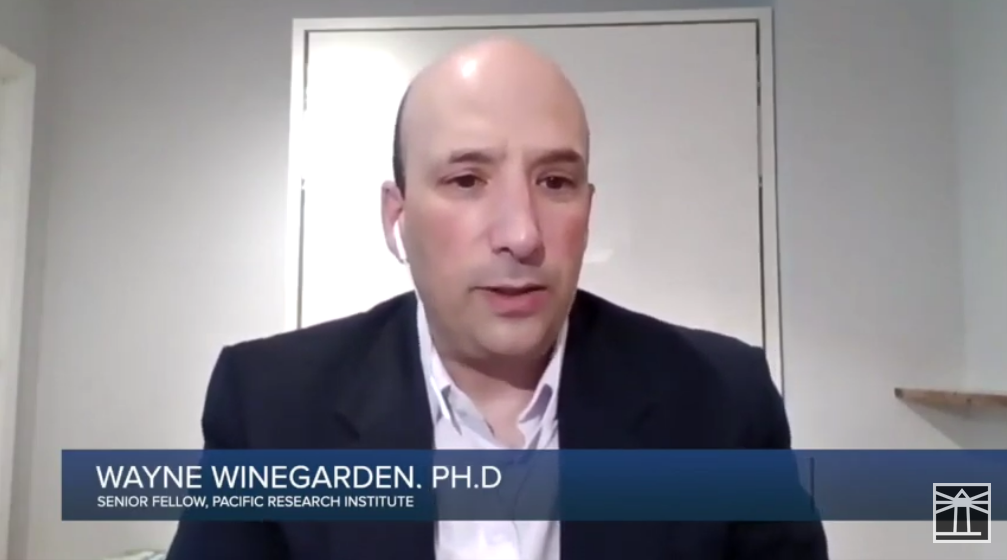NEW BRIEF: 340B Hospitals More Profitable, Provide Less Charity Care, Receive Unwarranted Subsidies
So-called 340B hospitals whose mission is to help the vulnerable are more profitable and provide less charity care, finds a new brief released today by the Center for Medical Economics and Innovation at the nonpartisan Pacific Research Institute, a California-based, free-market think tank....


